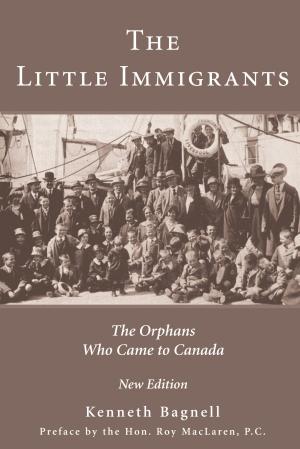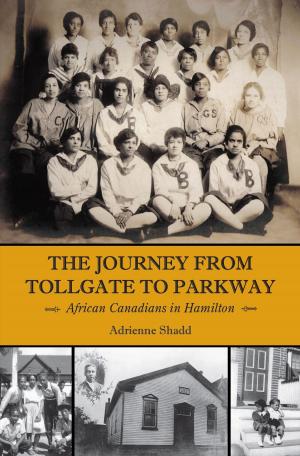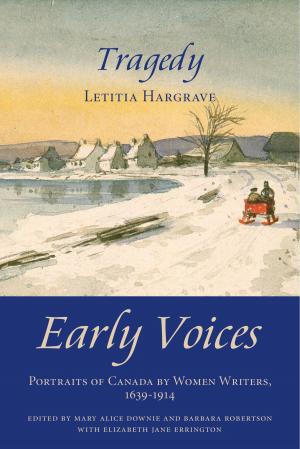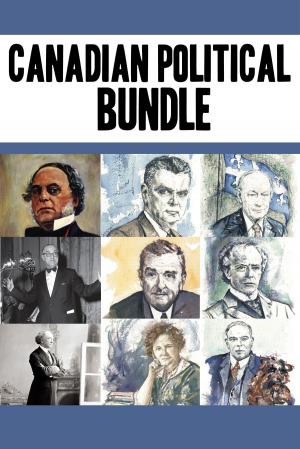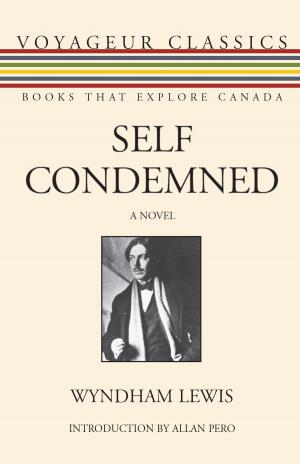My Dearest Wife
The Private and Public Lives of James David Edgar and Matilda Ridout Edgar
Nonfiction, History, Canada, Biography & Memoir, Political, Historical| Author: | Maud J. McLean, Robert M. Stamp | ISBN: | 9781459714977 |
| Publisher: | Dundurn | Publication: | August 15, 1998 |
| Imprint: | Natural Heritage | Language: | English |
| Author: | Maud J. McLean, Robert M. Stamp |
| ISBN: | 9781459714977 |
| Publisher: | Dundurn |
| Publication: | August 15, 1998 |
| Imprint: | Natural Heritage |
| Language: | English |
The private and public lives of James David Edgar and Matilda Ridout Edgar symbolized the increasingly complex nature of Toronto society as older generations gradually gave way to a new generation of "outsiders" seeking fame and prominence.
James David Edgar (1841-1899), a self-made man, born to proud though impoverished Scottish-immigrant parents in Quebec, became a lawyer, an author, a railway promoter, an M.P. and ultimately speaker of the House of Commons in Ottawa. Matilda Ridout Edgar (1845-1910) was one of Canada’s first widely respected female historians and ultimately president of the National Council of Women of Canada from 1906 until her death.
This dual biography, revealed through the voices of James and Matilda, as expressed through correspondence, provides insights into 19th-century Canadian history, and presents a mutually supportive marital relationship, each encouraging professional fulfillment for the other – a stance surprising in this era of male dominance.
The private and public lives of James David Edgar and Matilda Ridout Edgar symbolized the increasingly complex nature of Toronto society as older generations gradually gave way to a new generation of "outsiders" seeking fame and prominence.
James David Edgar (1841-1899), a self-made man, born to proud though impoverished Scottish-immigrant parents in Quebec, became a lawyer, an author, a railway promoter, an M.P. and ultimately speaker of the House of Commons in Ottawa. Matilda Ridout Edgar (1845-1910) was one of Canada’s first widely respected female historians and ultimately president of the National Council of Women of Canada from 1906 until her death.
This dual biography, revealed through the voices of James and Matilda, as expressed through correspondence, provides insights into 19th-century Canadian history, and presents a mutually supportive marital relationship, each encouraging professional fulfillment for the other – a stance surprising in this era of male dominance.



